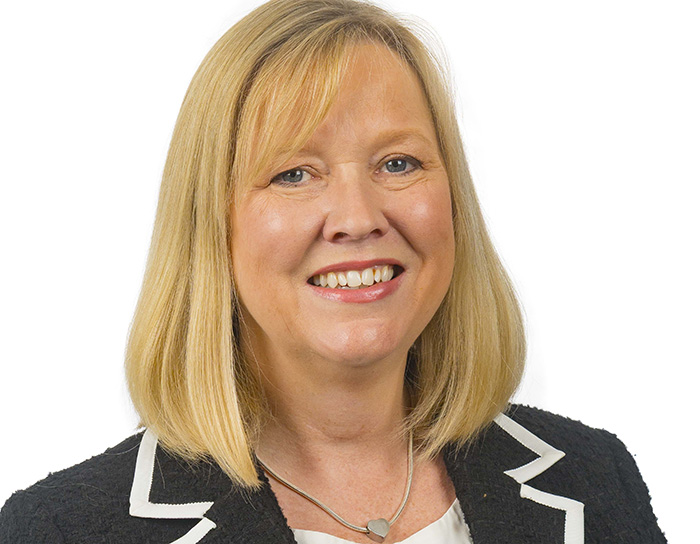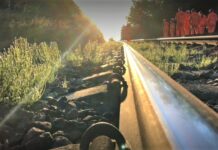
NEW research has found that confidence in the UK economy among plumbing and heating firms has dropped to its lowest level since reporting began.
The findings are revealed in the Q3 2025 State of Trade report from the Plumbing and Heating Federation (SNIPEF).
Only 6% of survey respondents indicated optimism about the UK’s economic outlook, while pessimism has climbed to 64%, compared with 49% in Q2 and 46% a year ago.
The deterioration comes weeks before the autumn budget, with firms calling for clear signals from government on business investment, support for skills, and action to ease the cost of living.
Fiona Hodgson, chief executive of SNIPEF, said, “Although I am relieved to see confidence in our industry has remained relatively steady over the last quarter, the collapse in optimism for the wider UK economy is striking. It reflects a deeper malaise being felt across construction, especially in housebuilding, where repeated government promises of a renaissance have yet to materialise.”
The State of Trade report has shown signs of resilience within the plumbing profession. Trading activity in Q3 improved, with 37% of firms saying they were busier than expected. Forward order books have also strengthened, with 32% reporting higher or much higher workloads over the next six months. This is up from 17% in Q2 and 18% in Q3 2024.
However, SNIPEF said these gains risk being short-lived. Growing speculation around income tax rises is fuelling concerns that household budgets will be squeezed further, which could impact consumer spending.
Fiona Hodgson added, “When people are unsure about their disposable income, they delay spending on planned home upgrades and essential maintenance. That has a direct impact on our members, many of whom work in domestic settings and rely on customer confidence. The profession is doing its part to stay resilient, but the government must now do its part to support it.
“We need a budget that backs working people, builds business confidence and invests in the skilled workforce that will drive recovery. Without it, we risk pushing stability further out of reach.”








